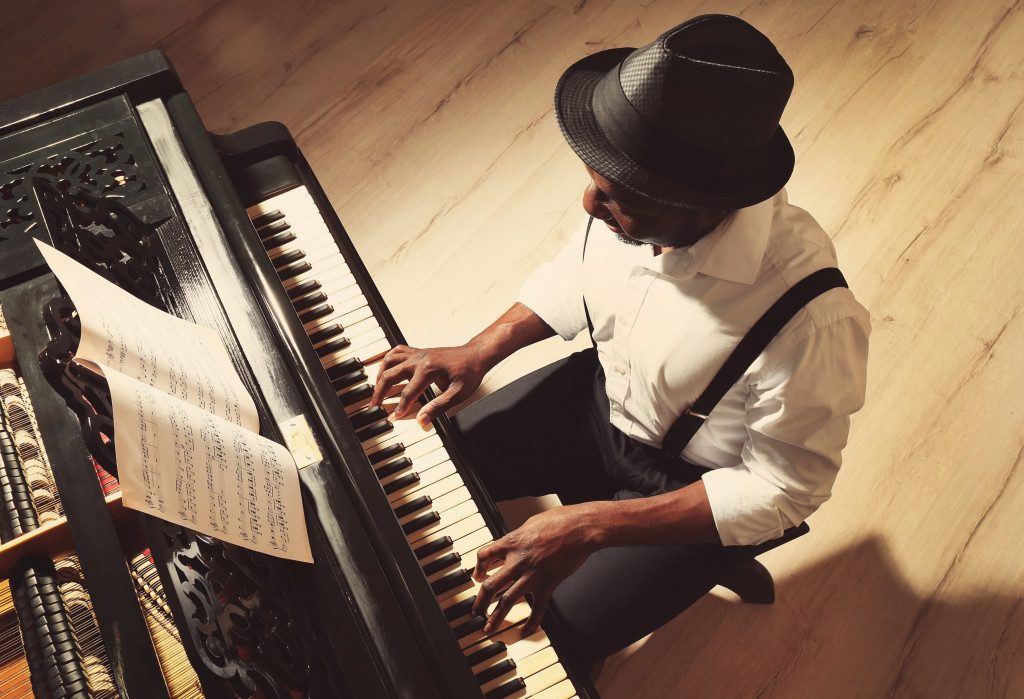The piano is one of the most complex instruments that you can play. At least, that’s what a lot of beginners think. In fact, while it does take some time and effort to learn how to play it, the piano is actually one of the most forgiving instruments to learn.
Whether you’re taking lessons or learning from home, here are some tips for the beginner pianist to help them in their journey to becoming a piano maestro:
Train Your Ears to Listen and Play Music
A lot of people assume that having an ear for music is ingrained in a person and cannot be learned. However, just like any other skill, it can be learned, and all it takes is a bit of concentration and maybe even some note-taking.
When you listen to music, pay attention to different notes and what they sound like in isolation. Try to find these notes in your piano and make a mental note of it. Do this often enough, and you’ll soon be able to “play by ear,” that is, the ability to replay a song just by listening to it a few times.
This is also a good way to learn notes and chord structures: when you listen to a song, try to remember how one note flows into the other, and how the chords play in harmony with each other. You don’t have to learn the whole song in one go. Cut it up into easier-to-remember parts or sections. If you can, try to play these sections right before bed, as this helps you retain your musical knowledge better.
Practice Your Physical Dexterity
Unlike the guitar, where you can invert the string setup depending on whether or not you’re left- or right-handed, the piano doesn’t favor one hand over the other. There are no left-handed pianos, but this doesn’t mean that southpaws won’t be able to learn.
In general, a pianist uses their right hand to play the melody and the left hand to play accompaniment and bass. This holds true whether you’re right-handed or left-handed, the only difference being which hand you start practicing with. Learning hand movements separately is easier, not to mention it develops muscle memory for that hand faster.
Once you’ve mastered playing with both hands, you can start practicing speed playing. Speed playing is exactly what its name suggests: playing a piano piece rapidly. But even when you’re speed playing, always remember that accuracy matters more than actual speed.
Practice, Practice, Practice (And Take Lessons)!

If you’ve just started out learning the piano, take heart: it gets easier the more you play, and the more you play, the more your body becomes attuned not just to the piano, but to the music itself. Of course, the best way to learn is by taking up lessons. Our country has amazing musical prodigies who are willing to help you learn, from piano lessons in Las Vegas to guitar lessons in Anchorage, you won’t find a shortage of professional musicians who will teach you the right way to play this beautiful instrument.
